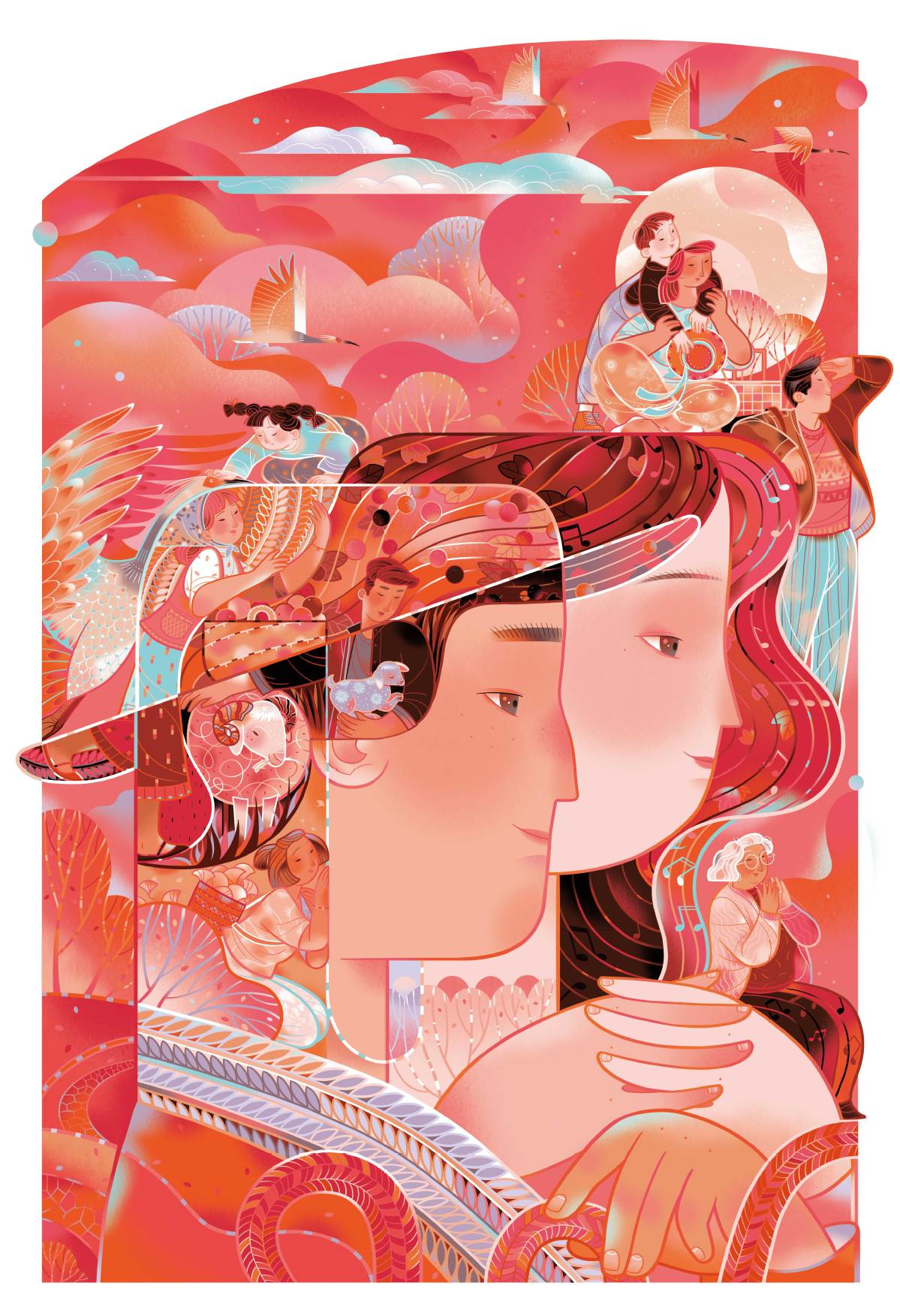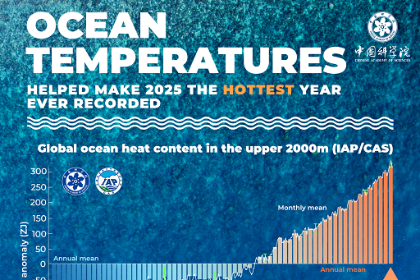Party keeps putting people first


CPC strives to ensure no one gets left behind on the path to become a modern, prosperous socialist country
A patchwork of wooden ladders that rose precariously up the steep side of a mountain used to be the only link between Mose Lazuo's village, perched on a 1,400-meter-high cliff, and the world outside. For Mose and the other children living in Atuleer, a village in Zhaojue county, Liangshan Yi autonomous prefecture in Sichuan province, navigating the steep cliffs via the ladders was the only way to get to school and then go back home, a trip that was exhausting, often treacherous, and at times fatal.
Mose's family, who have lived in the cliffside village for generations, delayed her attendance in primary school until she was 10, when they believed she was capable of making the trip. Even then her father tied a rope around his waist and hers to ensure her safety.
The lack of convenient access to the outside world also defined the villagers' subsistence living, as most residents would only travel outside once a week to obtain basic necessities and sell crops such as Sichuan peppercorns and walnuts.
In May 2020, Mose and her fellow villagers were relocated from their adobe huts to new apartment complexes at the county seat as part of the nation's efforts to fulfill the pledge to lift all the country's rural poor out of extreme poverty by the end of last year.
The resettlement, which not only shortened the travel time between Mose's home and school to five minutes but also ushered in new job opportunities for the villagers, typifies China's poverty alleviation drive over the past eight years and the dedication of the Communist Party of China to improve people's livelihoods.
Kaan Kangal, an associate professor at the Center for Studies of Marxist Social Theory of Nanjing University, said that the poverty alleviation efforts demonstrate the CPC's adherence to the people-oriented philosophy of Marxism.
"The practical function of Marxist politics is to serve people's needs and interests, to improve their living standards, to increase the level of people's welfare and to establish a material infrastructure that ensures social security, justice, equality and freedom."
Serving the people
To many analysts and observers, the campaign, in which the country lifted all its 98.99 million impoverished rural residents out of extreme poverty and removed 832 counties and 128,000 villages from the poverty-stricken list, exemplifies the people-centered philosophy of the Party.
The philosophy, which is the overarching principle for the State governance of the CPC, has been the key to China's successful efforts in attaining economic growth, fighting poverty and containing the COVID-19 pandemic, they said.
"As a Marxist party, the CPC has always maintained that the people are the creators of history; they are the fundamental force that determines the Party and the country's future," said Tao Wenzhao, a professor of socialism with Chinese characteristics, democracy and governance at Renmin University of China.
With the Party set to celebrate its 100th founding anniversary on July 1, he said the strongest testimony to the people-centered philosophy of the CPC is the emphasis given by the Party to the less advantaged groups in the society.
"The help given to the poor, especially those struggling in abject poverty, is a test of the conscience of the society. China's poverty alleviation drive is the best embodiment of the Party's nature and original aspiration," Tao said.
President Xi Jinping, who is also general secretary of the CPC Central Committee, has constantly emphasized a people-centered approach in his governance philosophy.
"The aspirations of the people to live a better life are the focus of our efforts," he said on Nov 15, 2012, the day he was elected general secretary of the CPC Central Committee.
Acting to realize those aspirations, China has carried out a raft of initiatives to improve people's livelihoods over the past eight years. Meanwhile, securing a complete victory in the fight against abject poverty has also seen the expansion of the middle-income group from about 100 million people in 2010 to over 400 million in 2020, out of a total population of more than 1.4 billion.
In 2020, the per capita disposable income of Chinese residents increased to 32,189 yuan ($5,000) from 18,311 yuan in the last quarter of 2012, according to the National Bureau of Statistics.























